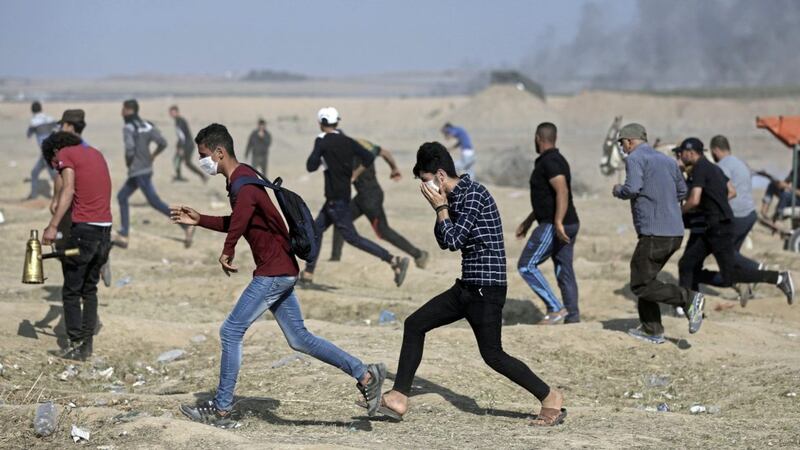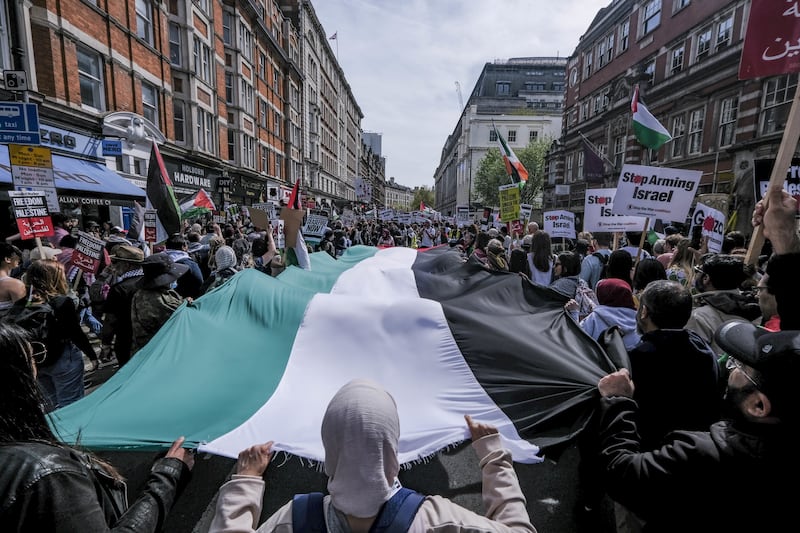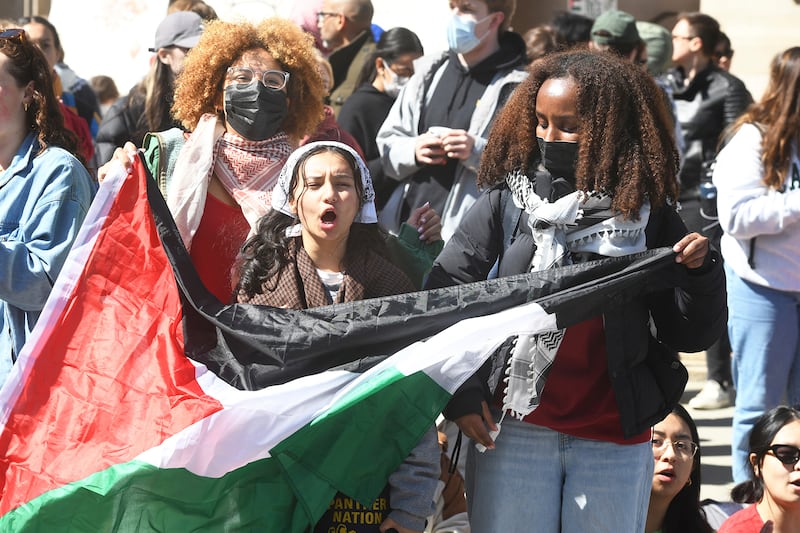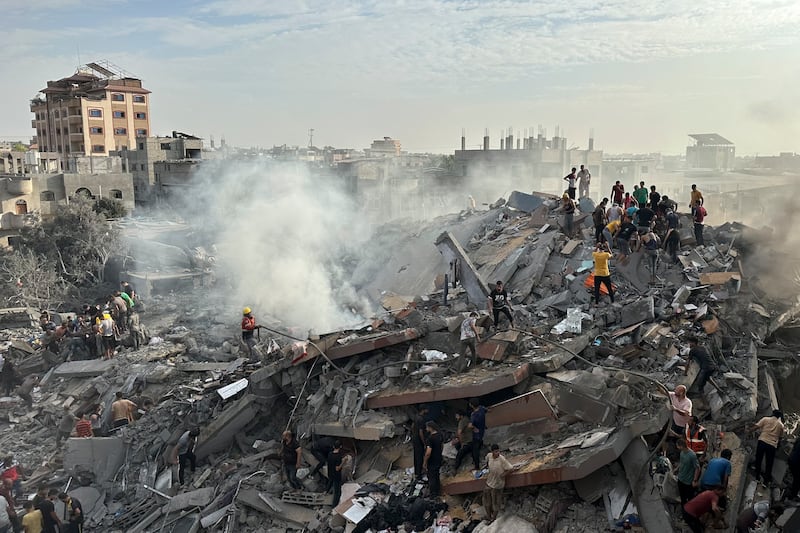HAVING made several visits as a reporter to the Gaza Strip over the years, the memories that stick in my mind are of children playing in the poverty-stricken refugee camps.
The thought keeps recurring: have any of those kids, now grown to adulthood, been shot down in the latest protests?
The place is a human warehouse and a very crowded one. After the mass exodus to Gaza, the West Bank and other places, when Israel was established in 1948, the total number of Palestinians in those areas was estimated at around 700,000.
Now, taking account of their children and grandchildren, it is calculated at around 4.5 million, although I have seen higher figures.
Whatever problems we face in our own part of the world, most of us can at least watch our children enjoy relative peace and contentment with a fair chance of a decent future.
Not so, the children of Gaza. As the father of a family myself, it was touching to see a wee toddler sifting the sand with that special wonder kids have, whatever their circumstances.
It could almost have been the seaside back home except that one was less likely to see military aircraft in the sky off the Irish coast.
Meanwhile another child, possibly his older sister, raced by with a mirror in her hand and a comb for her hair. A young mother sitting on the rubbish-strewn beach said she belonged to an extended family of 22, living in a four-room shack. The Palestinian Central Bureau of Statistics declared in a recent report that, last year, 53 per cent of Gaza's population was below the poverty-line.
I am not setting the scene here for an anti-Israeli rant. Having grown up at a time when details of the Holocaust were still resounding in our ears, it is easy to understand why the Jewish people needed their own state as a precaution against any future repetition of the horrors presided over by Hitler and his associates, with other parts of the world failing to respond with sufficient urgency.
But although Palestine was sometimes referred to as "a land without a people for a people without a land", in reality the local Arab population was very substantial. They came to be described as "victims of victims".
Currently, even Israel's friends must wonder at its response to the attempted crossings of the Gaza border.
Shooting down protesters who are not themselves carrying guns is never a good idea: it may prevent them achieving their aims on the day but it frequently constitutes the worst kind of political self-harm.
Think of the damage done to Britain's reputation after Bloody Sunday in Derry - even now it adds to my sense of shock that six of the 14 victims were only 17 years of age.
Another example is the Sharpeville massacre of March 1960 when police opened fire and killed 69 people who were demonstrating against South Africa's racist regime. That cruel act helped fuel a worldwide campaign against apartheid and hastened the downfall of the white supremacists.
Securing the transfer of the US Embassy to Jerusalem was quite a diplomatic coup for Israel and I have rarely seen a politician looking happier than Prime Minister Netanyahu, in the news footage of the ceremony.
It was inevitable that the Palestinian side, particularly Hamas, were going to see it all as a challenge to which they must respond.
It was disappointing but maybe not very surprising that the chosen response was an attempted border-crossing where so many people, especially children, were virtually certain to meet serious injury and in many cases death.
Students of Machiavelli might suspect it was a deliberate trap to lure the Israelis into an over-reaction that would cancel out the political gains derived from Donald Trump's decision to move the embassy.
Meanwhile, US Ambassador to the United Nations, Nikki Haley may have secured the wrong kind of footnote in history with her claim that, in a similar situation, "No country in this chamber would act with more restraint than Israel has."
She is mistaken. Apart from certain dictatorships, any sensible government would have opted for non-lethal crowd control, setting up additional temporary barriers and flooding the place with soldiers and police who would be under strict orders not to open fire except where their own lives were in imminent danger: experts say this is in line with international law.
Personally, I almost got hit once by a nasty little Israeli plastic bullet while covering an incident from the side-lines at Hebron on the West Bank, but it seems more deadly ammunition has been the preferred option in this latest episode.
What a pity our own peace process is going through a 'send in the clowns' phase: otherwise it might be held up as an example to that troubled region.
Ddebre1@aol.com








